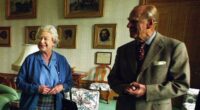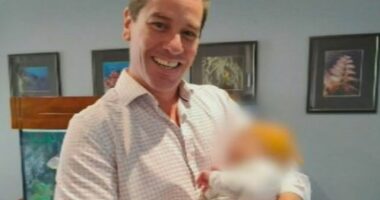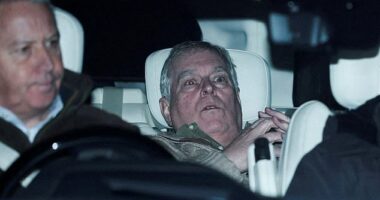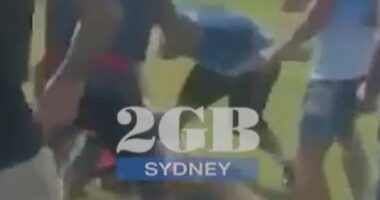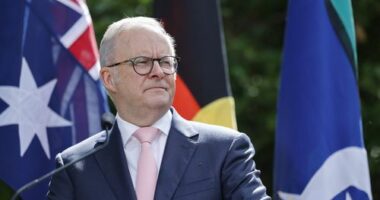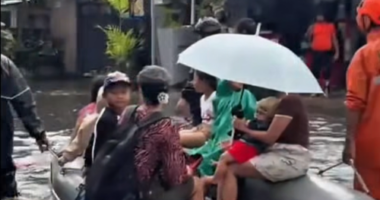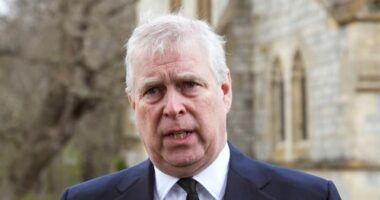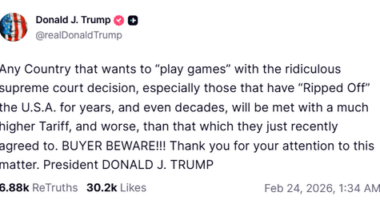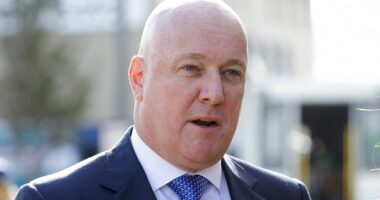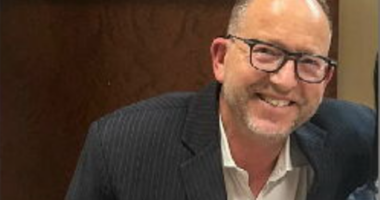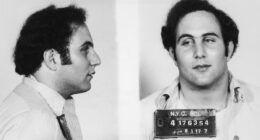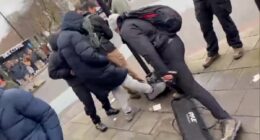Share this @internewscast.com
SBS News has chosen not to disclose these slurs.
“Players are called slurs, which the league often dismisses as a minor issue,” they noted. “Any form of diversity or difference from the typical image of ‘who plays footy’ is under attack.”
“It was something I really loved and it was causing me so much harm that I had to step away entirely.”
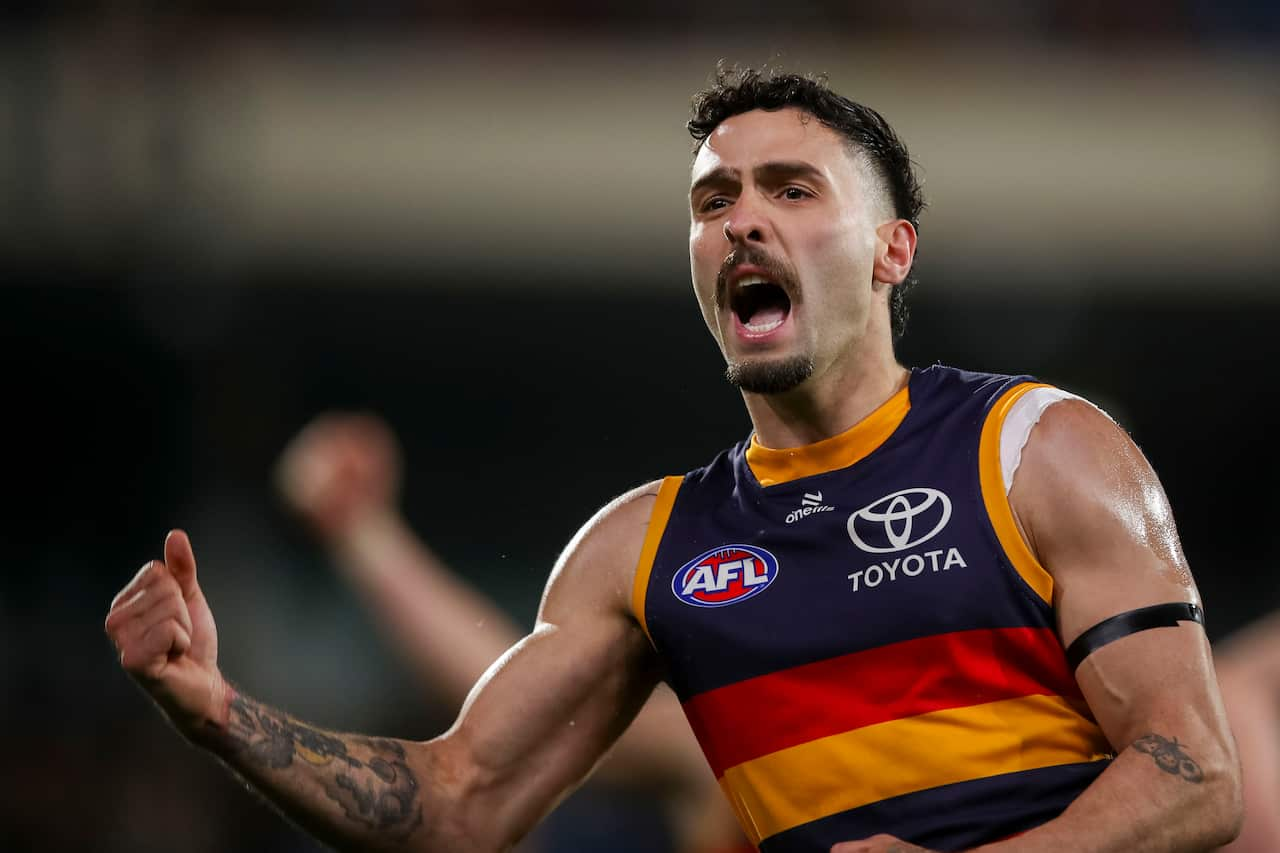
Adelaide Crows player Izak Rankine received a four-game suspension for directing a “highly offensive homophobic slur” at a Collingwood player. Source: AAP / Matt Turner
Does AFL have a culture of homophobia and transphobia?
On Monday, Adelaide captain Jordan Dawson denied the incident was a sign of a wider cultural issue in the AFL.
He says it “threatens the safety and viability of diverse communities being able to participate in sport”.
“The AFL tried to brush it off as a single incident, not that it’s a cultural issue.”
The ‘tip of the iceberg’
Storr says gay men were the largest group to report discrimination, with 76 per cent hearing or witnessing homophobia.
“In women’s competitions, you encounter less homophobia but more transphobia,” they stated. “If your hair is too short, you’re too tall, or your voice is deeper, there’s an assumption that, ‘you must not be a girl then’.”
“In the Izak Rankine case, had this occurred in a professional environment, the consequences would be severe — likely resulting in termination. Yet, sports often appear to be exempt from such actions.”
Flow on for community sports
His research has also involved discussions with local clubs, where one manager expressed that incidents like these can encourage the use of homophobic language on the field.
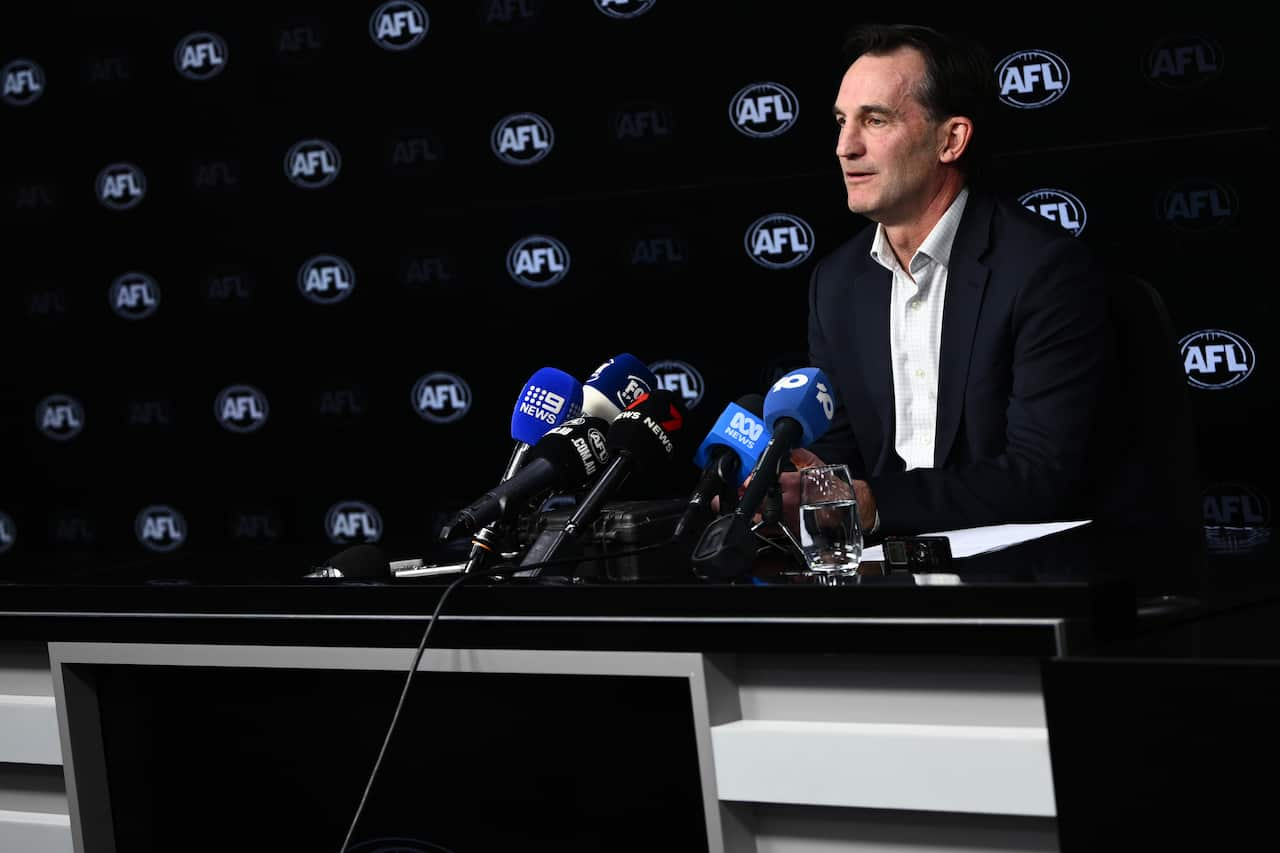
AFL CEO Andrew Dillon said “inclusion and respect are key priorities for the AFL”, adding that “people in the LGBTQI+ community are hurting when an incident like this happens”. Source: AAP / Joel Carrett
“The large percentage of community clubs and sport volunteers have mentioned that homophobic language is very prevalent and a problem. One club said that the last time this happened, discussion of and use of homophobic language increased,” Storr says.
“The flow-on effects to communities would be disheartening,” he said.
“The main perpetrators of homophobia are young teenage boys in groups — that’s why sport is rife for this and it’s an area that promotes it, unfortunately.”
‘We’re not problems to be fixed’
“There is space for the sport and the code to change. The game has made many adaptations over its existence — this can be another adaptation they choose to make,” Boucaut said.
